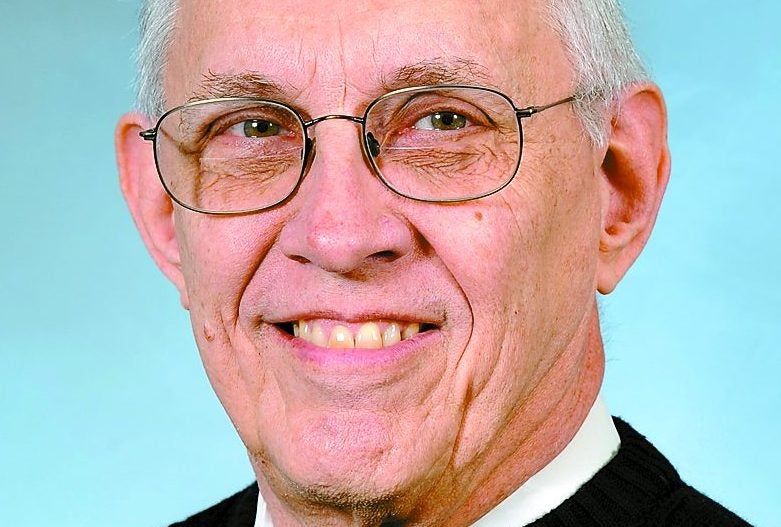Witt: Can prodding really improve voting integrity?
Published 10:57 am Tuesday, July 11, 2017

- Chuck Witt is a retired architect and a lifelong resident of Winchester.
In June, President Donald Trump’s specially-formed Election Integrity Commission sent requests to every state election commission or secretary of state for comprehensive voter information, including the name, address, date of birth, party affiliation, last four social security numbers and voting history to 2006.
All this information was requested, according to statements from the commission, “for feedback on how to improve election integrity.”
Of course, most secretaries of state and other state officials including Kentucky’s Allison Grimes, don’t feel their election integrity is a problem.
To be sure, much of this information is publicly available, either through FOIA requests, or even online. One caveat, however, is social security numbers, even parts of them, are not typically disseminated randomly for no good purpose, nor should they be.
One might reasonably wonder why a person’s voting record for the past 11 years is relevant to any such request.
The head of the EIC, a Trump appointee, is Kris Korbach. Korbach has an interesting history related to alleged voter fraud and to voter suppression in Kansas. He was fined by a federal judge for “presenting misleading arguments in a voter-related lawsuit” and a Federal Court ruled some of his proposed ID requirements (for voters) constituted a mass denial of a fundamental constitutional right.
In light of his apparent history, Korbach seems to be a most unlikely candidate to head a commission whose stated purpose is to insure voting integrity, sort of the fox guarding the hen house.
A number of pundits have suggested this effort is nothing more than a costly exercise to validate the president’s constant assertion that rampant voter fraud resulted in Hillary Clinton securing more of the popular vote than he did in 2016, despite the total lack of any evidence to support that position.
A further suggestion regarding this far-reaching request for voter information is that it is designed to gather information which would actually accommodate the party’s continuing efforts to control elections through voter disenfranchisement, either by gerrymandering (a subject the Supreme Court will soon be addressing) or voter ID laws which complicate voter registration.
Fortunately (at the time this is being written), 45 states have refused to provide the requested information.
It seems both strange and oxymoronic the Republican party, which constantly claims to favor less government intrusion into state matters (as well as those of individuals), is, under the prodding of the president, promoting action which does exactly that.
It is worth noting, however, a great many, perhaps the majority, of those states which are refusing to provide information are led by Republican governors and/or legislatures which apparently understand the separation of powers.
America is in a period when a significant part of the population is suspicious of the federal government, for many and varied reasons, and at least one reason why Republicans have been so successful in recent elections is they have consistently promised that, if elected, they will reverse the trend of government meddling in the affairs of the individual.
This most recent fishing expedition for data is nothing more than a sop to an individual who cannot bear the thought he was not elected by popular vote while his minions search for non-existent reasons to support his fanciful fabricated illusions.
Chuck Witt is a retired architect and a lifelong resident of Winchester. He can be reached at chuck740@bellsouth.net.





